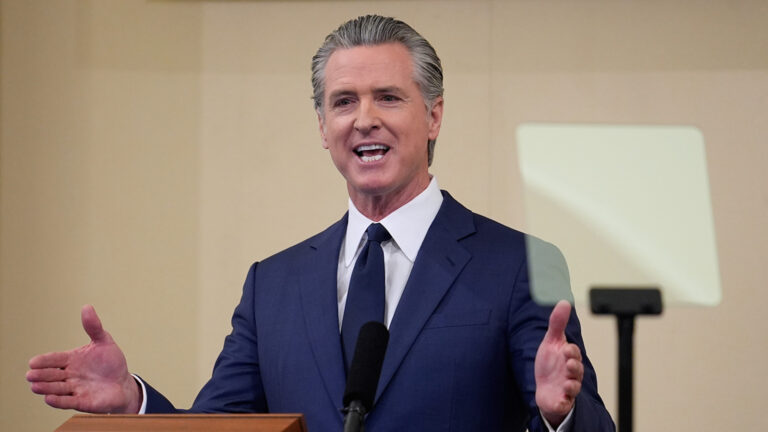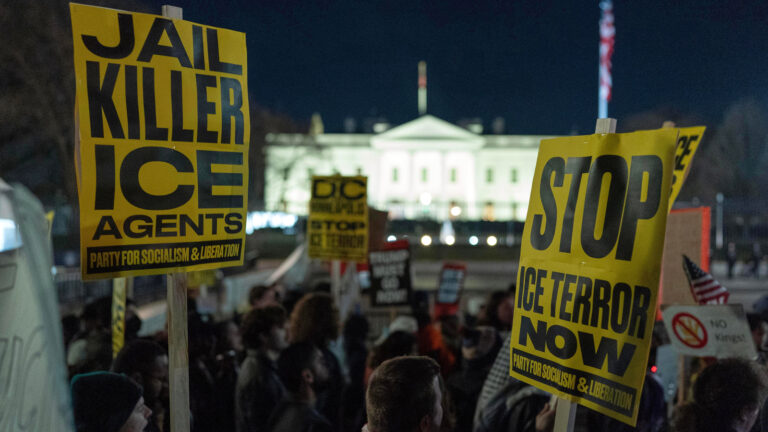
When you’re sick and need time off work, a doctor’s note often serves as your ticket to rest and recovery. But many employees wonder: Can your job actually call to verify a doctor’s note? It’s a common concern—and one that’s wrapped up in privacy laws, employer policies, and workplace expectations.
Let’s break down what your employer can and cannot do when it comes to verifying medical documentation.
Why Employers Might Want to Verify a Doctor’s Note
Employers have a legitimate interest in managing absenteeism and ensuring that time off due to illness is genuine. Here are some reasons why they might seek verification:
- Frequent absences raising red flags
- Suspicion of forged notes or inconsistencies
- Policy compliance for sick leave or disability claims
- FMLA (Family and Medical Leave Act) verification requirements
However, just because an employer wants to verify a note doesn’t mean they can contact your doctor freely.
Can Employers Legally Contact Your Doctor?
HIPAA and Employee Privacy
Under the Health Insurance Portability and Accountability Act (HIPAA), your medical information is protected. This means:
- Employers cannot call your doctor and demand medical information.
- Doctors cannot disclose your health details without your written consent.
So no, your boss can’t just pick up the phone and ask your doctor what’s wrong with you.
What Employers Can Do
While they can’t pry into your medical records, employers do have the right to verify the authenticity of a doctor’s note. That typically includes:
- Calling the doctor’s office to confirm that the note was issued
- Verifying appointment dates
- Confirming the doctor’s name and contact information
👉 Important: They can only confirm basic information—not your diagnosis or specific treatment.
How Employers Usually Verify Notes
Most HR departments follow professional protocols when checking a doctor’s note:
- Contact the office administration, not the doctor directly.
- Ask for confirmation of the date the note was issued and whether it aligns with the employee’s name.
- Avoid discussing medical specifics, which would be a privacy violation.
Employers may also request that you provide written authorization if more detailed verification is required—especially for long-term leave.
What If the Note Is Fake?
Falsifying a doctor’s note is grounds for disciplinary action, including termination. Employers who suspect a fake note might:
- Check the validity of the medical provider
- Look for suspicious formatting or missing details
- Attempt to verify through the medical office as discussed above
Pro tip: Always be honest about your medical absences. A fake note may offer temporary relief, but the consequences can be serious.
Your Rights as an Employee
Know Your Company Policy
Every workplace has different rules about sick leave and documentation. Check your:
- Employee handbook
- HR guidelines
- State labor laws
Understanding what’s expected helps you stay compliant and protected.
When You Can Decline Further Disclosure
You are not obligated to share your diagnosis unless you’re requesting accommodation under the Americans with Disabilities Act (ADA) or leave under FMLA.
In most cases, a simple doctor’s note with no specifics is sufficient.
Tips for Protecting Your Privacy
Want to maintain your medical privacy while staying within company policy? Here’s how:
- Only provide what’s required: Date, return-to-work status, and physician signature.
- Use official documentation from licensed healthcare providers.
- Keep copies of all notes and communication with HR.
- If you feel your privacy was violated, contact your HR department or a labor attorney.
When Employers Cross the Line
An employer may be overstepping if they:
- Demand a specific diagnosis
- Call your doctor without your consent to ask about your condition
- Retaliate against you for taking sick leave
In such cases, you may be protected under:
- HIPAA
- ADA
- FMLA
- State labor laws
Don’t hesitate to seek legal advice if you believe your rights were violated.
Final Thoughts: Striking a Balance
So, can a job call to verify a doctor’s note? Yes—but only to a limited extent. While employers can confirm that a note is legitimate, they cannot dig into your personal health information without your permission.
To protect yourself:
- Follow your company’s sick leave policies
- Provide clear, professional documentation
- Know your privacy rights under federal and state law
If you’re ever unsure about what to provide or how to respond, consult your HR department—or a legal professional—to make sure you’re handling it correctly.

Andre Cuevas provides career insights, job search strategies, and professional advice to help individuals navigate the job market and achieve their career goals.





